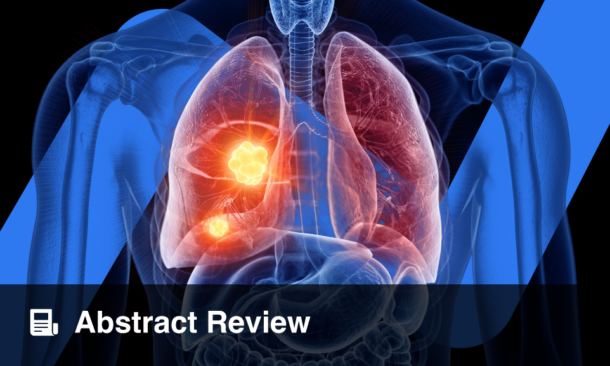Reduced Diversity of HLA Class I Alleles May Contribute to the Early Manifestation of Breast Cancer in Carriers of the BRCA1 Mutation
Most female carriers of germline BRCA1 mutations develop breast and/or ovarian cancer. However, the penetrance of BRCA1 pathogenic variants…

